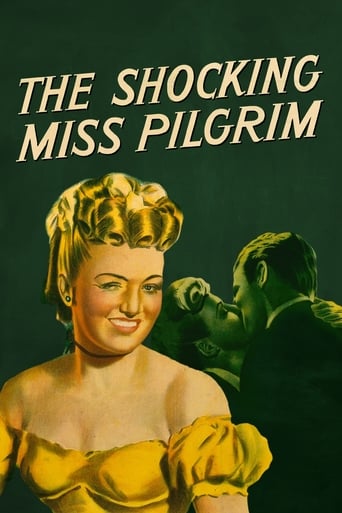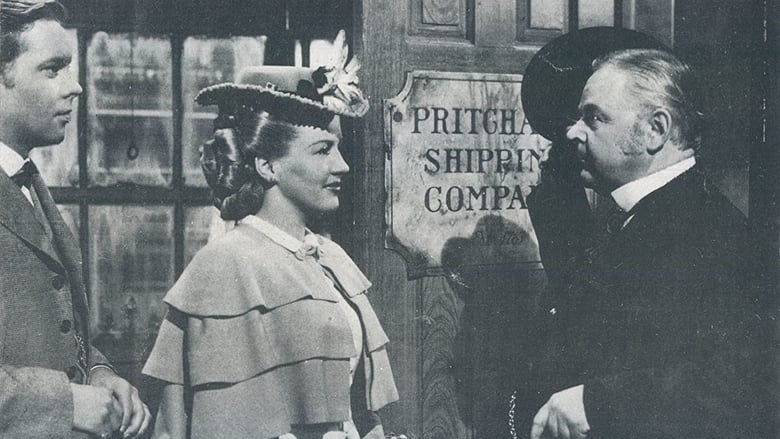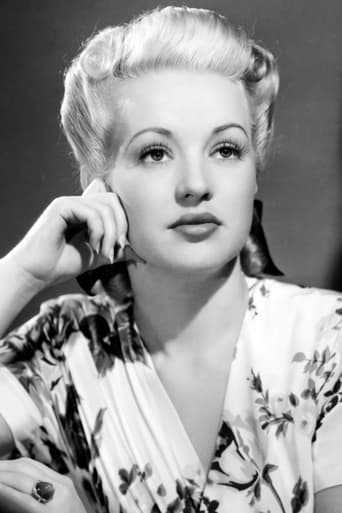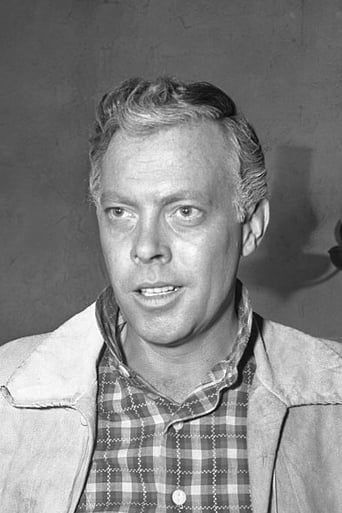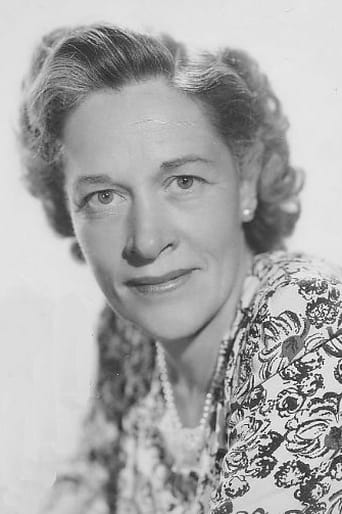The Shocking Miss Pilgrim (1947)
In the late 1800s, Miss Pilgrim, a young stenographer, or typewriter, becomes the first female employee at a Boston shipping office. Although the men object to her at first, she soon charms them all, especially the handsome young head of the company. Their romance gets sidetracked when she becomes involved in the Women's Suffrage movement.
Watch Trailer
Cast


Reviews
Perfect cast and a good story
I'll tell you why so serious
The film never slows down or bores, plunging from one harrowing sequence to the next.
It is a whirlwind of delight --- attractive actors, stunning couture, spectacular sets and outrageous parties. It's a feast for the eyes. But what really makes this dramedy work is the acting.
I saw this for the first time today and unlike most other reviewers was struck by the mediocrity of the film and the unmemorable score.It is clear that Grable was putting on a few pounds in weight and it does seem puzzling that she was put in such a film unless it was felt that her star was on the wane.What intrigued me also was the fact she had a different dress for each scene.
It's funny that this film was a disappointment for Betty Grable and the studio, as I actually think it's better than most of her films. While I am not saying it's a great film, it is enjoyable and fits Grable very nicely. According to IMDb they attributed this to Grable not showing off her famous legs or because she wasn't peroxide blonde in the film. And, if you think about it, the film is supposed to be about equality and anti-sexism--and that's exactly how the studio execs behaved in blaming the film's lack of success on Grable's lessened sex appeal in this cute picture!When the film begin, it's the 1870s and women simply did not work outside the home. So, when Miss Pilgrim (Grable) completes secretarial school and goes looking for a job in Boston, it's quite shocking and she naturally runs into sexism. So, she makes it a crusade of sorts to gain acceptance....and by doing so she becomes an important spokesperson for the women's suffrage movement! She also finds many friends in one of the strangest boarding houses you'll ever see in a movie!The film is naturally filled with songs but not as many as in Grable's other films and a few of them are rather funny. Overall, it's a lighthearted and fun film about an important subject. Well worth seeing.
This is your ordinary movie set this time of the Liberation of Women movement.Bette Grable goes to work for the firm of Dick Haymes. They refer to her as a typewriter constantly. Isn't better to say typist or stenographer?Naturally, the two fall for each other, but her involvement in the Women's Movement may make things go awry even though his aunt owns the firm and is a firm believer in the movement. Anne Revere is that person. Ironically, Revere and Roy Roberts, the latter appearing briefly in the film, share no scenes together as was the case with the Oscar winning "Gentleman's Agreement" that year.How could manager Gene Lockhart try to get Grable out when the Revere character owned the firm?Of course, there are plenty of Gershwin tunes in the film, but again it is ordinary and so highly predictable.
This is a film intriguing for many reasons. It has an uneasy postwar relationship with women in the workplace. It stars Bety Grable in an uncharacteristic role, and reveals Dick Haymes to be possessed of such a rich voice that he really missed the career boat as a vocalist. There is also a fascinating uncredited early appearance by Marilyn Monroe, and a star-studded list of contributors, including choreographer Hermes Pan. But what makes this film especially notable is the Gershwin music. Kay Swift's work with Ira Gershwin, from notebooks and unfinished sketches for various projects left by George Gershwin at his death in 1937, produced a complete posthumous score, the first for a motion picture.

